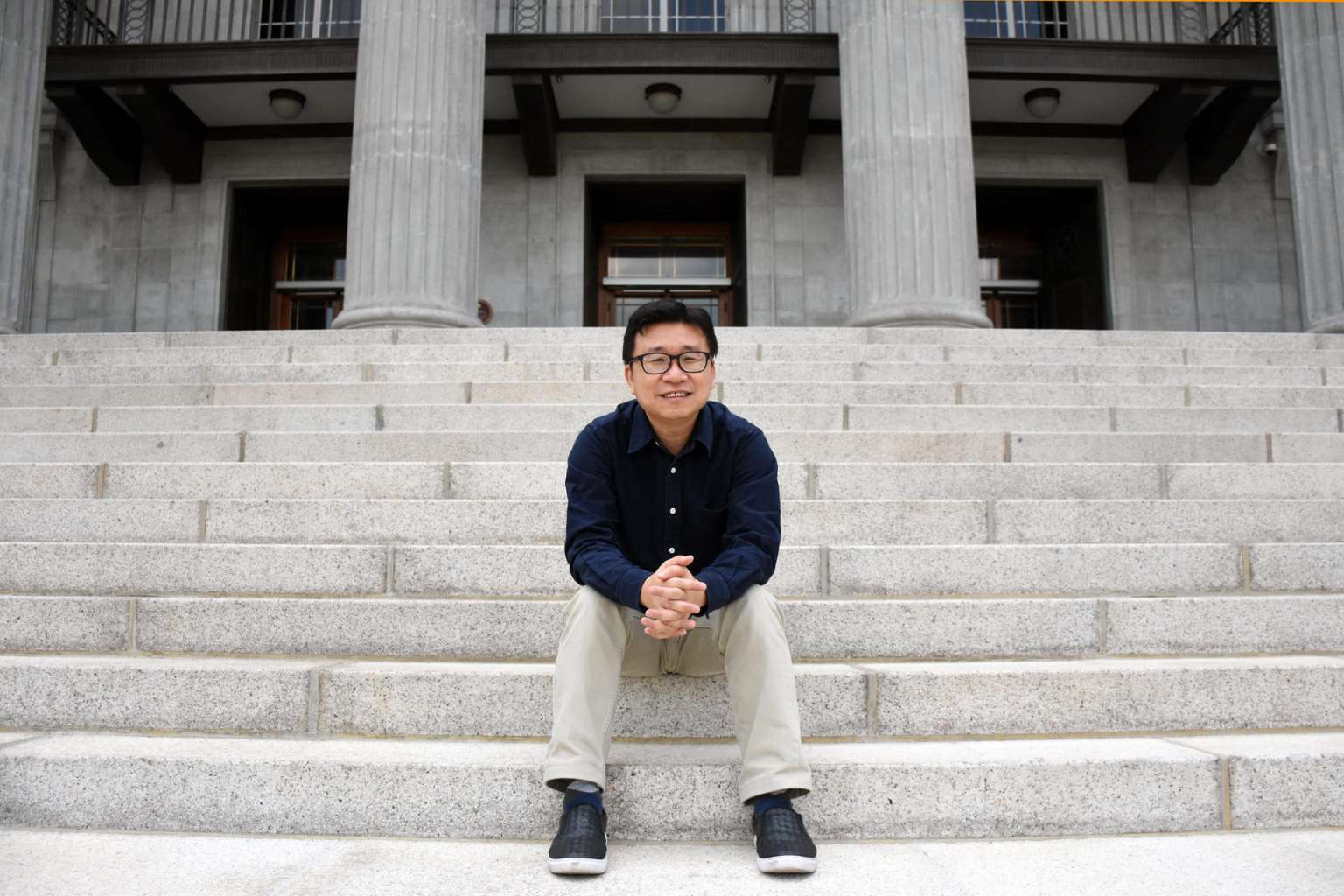Worries raised over limits on speaking freely about cases
Sign up now: Get ST's newsletters delivered to your inbox

Nominated MP Kok Heng Leun.
PHOTO: ST FILE
Follow topic:
Several MPs felt that sub judice contempt under the Administration of Justice (Protection) Bill would restrict people's right to comment freely on ongoing police investigations or court cases.
Such contempt deals with comment and conduct that would prejudice or interfere with ongoing cases, or pose a real risk of doing so.
Nominated MP Kok Heng Leun felt the law could affect the airing of opinion on matters of public interest, citing the recent deaths of full-time national serviceman Dominique Sarron Lee and 14-year- old student Benjamin Lim. Mr Lee's case led to the Singapore Armed Forces reviewing its training procedure, while Benjamin's saw police review their protocol for dealing with minors.
"The public may become overly cautious. Severe penalties may deter people from discussing such cases," he said.
Fellow NMP Kuik Shiao-Yin said the Bill was interpreted by some as a "despairing signal to shut up and sit down", and called for a guarantee that people would not be caught by the law if their comments are not made in bad faith.
Workers' Party MPs also raised concerns about what they saw as an attempt to muzzle free speech.
"Reading this Bill sends a chill down my spine," said Non-Constituency MP Daniel Goh, who described the proposed law as "subversive of trust between the Government and the people".
He also questioned what he saw as an "immunity" for the Government: The law provides for the Government to comment on ongoing cases, as long as it believes there is a public interest in doing so.
WP chief Low Thia Khiang (Aljunied GRC) said it seemed that the real purpose of the new Bill was not to protect the fairness of the judicial system but to deter members of the public from voicing their views, while allowing the Government to voice its view.
"The ruling party is the only judge of what is contempt, and all they have to say is it is in the public interest," he added. "Is it really to protect the dignity of the judiciary or to protect the Government?"
Mr Pritam Singh (Aljunied GRC), a lawyer, also said the common man may not find it "so easy and neat" to differentiate between commenting on a case, and criticising policy and law, which is allowed.
On the other hand, People's Action Party MPs like Mr Darryl David (Ang Mo Kio GRC) welcomed the law for protecting people's right to a fair trial. He said intense media speculation on ongoing cases could colour the views of witnesses and result in trial by media.
Mr Edwin Tong (Marine Parade GRC) added that the proliferation of comments on social media could also affect and influence witnesses.
Mr Tong, a lawyer, also said that fears about free speech raised by opposition MPs were "completely unwarranted, alarmist, and show fundamental lack of understanding about the law".
Minister's response
Similarly, Law Minister K. Shanmugam in his reply said people can continue to discuss court cases as they already do now.
For example, many of the comments on the Benjamin Lim case, like whether the police should interview young offenders without an adult around, would not be considered sub judice.
Also, not every comment on ongoing cases is sub judice, he said. "The test is whether (the comment) prejudices or interferes with ongoing court proceedings, or poses a real risk of doing so," he added.
A number of MPs had also cited a scenario of people sitting in coffee shops and commenting on ongoing court cases being prosecuted for sub judice.
The minister replied: "How does ordinary citizens sitting in a coffee shop having a beer and talking about a case pose a real risk of prejudicing any proceedings? Does anyone believe that? The law today is the same as the law tomorrow."
On the clause that provides for the Government to comment on ongoing cases, Mr Shanmugam said it was not a free pass for the Government to say anything it deems fit.
But there was a need for such a provision as the Government cannot be expected to keep mum on issues of public interest just because of legal proceedings - for instance, during a public health emergency or a riot.
Also, the courts were the "final arbiters of any provision in the law", and the Government would have to "act in accordance with the law" or may face prosecution, he added.
This also means if a minister spoke about a case in a manner calculated to prejudice proceedings, and did not do so in the public interest, he could be charged with contempt as well, Mr Shanmugam said.

